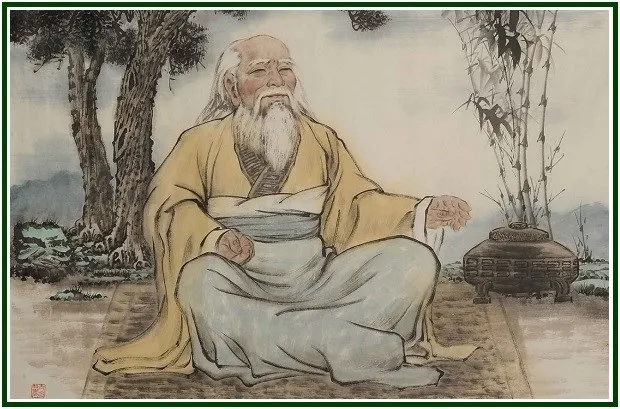Taoism, also spelled Daoism, is a philosophical and religious tradition that originated in China over 2,500 years ago. It emphasizes living in harmony with the Tao, which is a fundamental principle that is the source of everything, but cannot be fully described or understood. Taoism has influenced various aspects of Chinese culture, including art, music, literature, and philosophy.
Taoism emerged around the same time as Confucianism, another significant Chinese philosophical tradition. While Confucianism focuses on rituals, societal norms, and moral values, Taoism is more concerned with the individual’s relationship with the natural world. Key concepts in Taoism include:
- Tao: Often translated as “the way,” the Tao is an unnameable force that underpins the universe. It is both the source of everything and the way in which everything interacts.
- Wu Wei: This is the principle of “non-action” or “effortless action.” It suggests that one should act naturally and spontaneously, without forcing things or striving for personal gain.
- Yin and Yang: These are opposite and complementary forces that exist in everything. Yin is associated with passivity, darkness, and femininity, while Yang is associated with activity, light, and masculinity. Balance between Yin and Yang is crucial for harmony in one’s life and the world.
Taoism is not just a philosophy, but also a religion with its own rituals, deities, and temples. Religious Taoism often incorporates practices such as ancestor worship, divination, and the search for immortality. Taoist practices often involve meditation, breathing exercises, and the practice of qigong, a form of exercise that is said to cultivate energy (qi).
Taoism has had a profound influence on Chinese culture. It has inspired art, with many Chinese paintings and poems reflecting Taoist themes of natural beauty and simplicity. It has also influenced traditional Chinese medicine, martial arts, and cuisine.
Over time, Taoism has spread beyond China and has followers all over the world. Today, there are different schools and sects of Taoism, each with its own beliefs and practices. Despite its many forms, the core principles of Taoism remain the same: living in harmony with the Tao and the natural world.
READ MORE:
